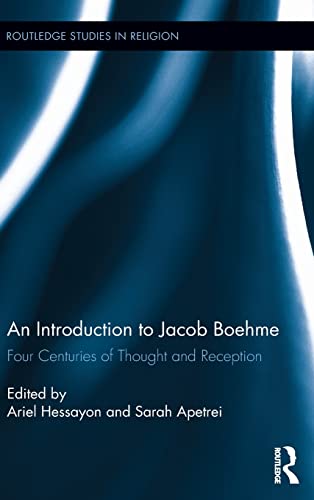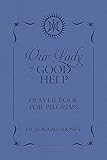All Categories




An Introduction to Jacob Boehme: Four Centuries of Thought and Reception (Routledge Studies in Religion)
Share Tweet
Get it between 2025-10-28 to 2025-11-04. Additional 3 business days for provincial shipping.
*Price and Stocks may change without prior notice
*Packaging of actual item may differ from photo shown
- Electrical items MAY be 110 volts.
- 7 Day Return Policy
- All products are genuine and original
- Cash On Delivery/Cash Upon Pickup Available








An Introduction to Jacob Boehme: Four Centuries of Features
-
Used Book in Good Condition
About An Introduction To Jacob Boehme: Four Centuries Of
This volume brings together for the first time some of the world’s leading authorities on the German mystic Jacob Boehme, to illuminate his thought and its reception over four centuries for the benefit of students and advanced scholars alike. Boehme’s theosophical works have influenced Western culture in profound ways since their dissemination in the early 17th Century, and these interdisciplinary essays trace the social and cultural networks as well as the intellectual pathways involved in Boehme’s enduring impact. The chapters range from situating Boehme in the 16th Century Radical Reformation, to discussions of his significance in modern theology. They explore the major contexts for Boehme’s reception including the Pietist movement, Russian religious thought and Western esotericism, as well as focusing more closely on important readers: the religious radicals of the English Civil Wars and the later English Behmenists; literary figures such as Goethe and Blake, and great philosophers of the modern age, among them Schelling and Hegel. Together, the chapters illustrate the depth and variety of Boehme’s influence and a concluding chapter addresses directly an underlying theme of the volume – asking why Boehme matters today, and how readers in the present might be enriched by a fresh engagement with his apparently opaque and complex writings.




























